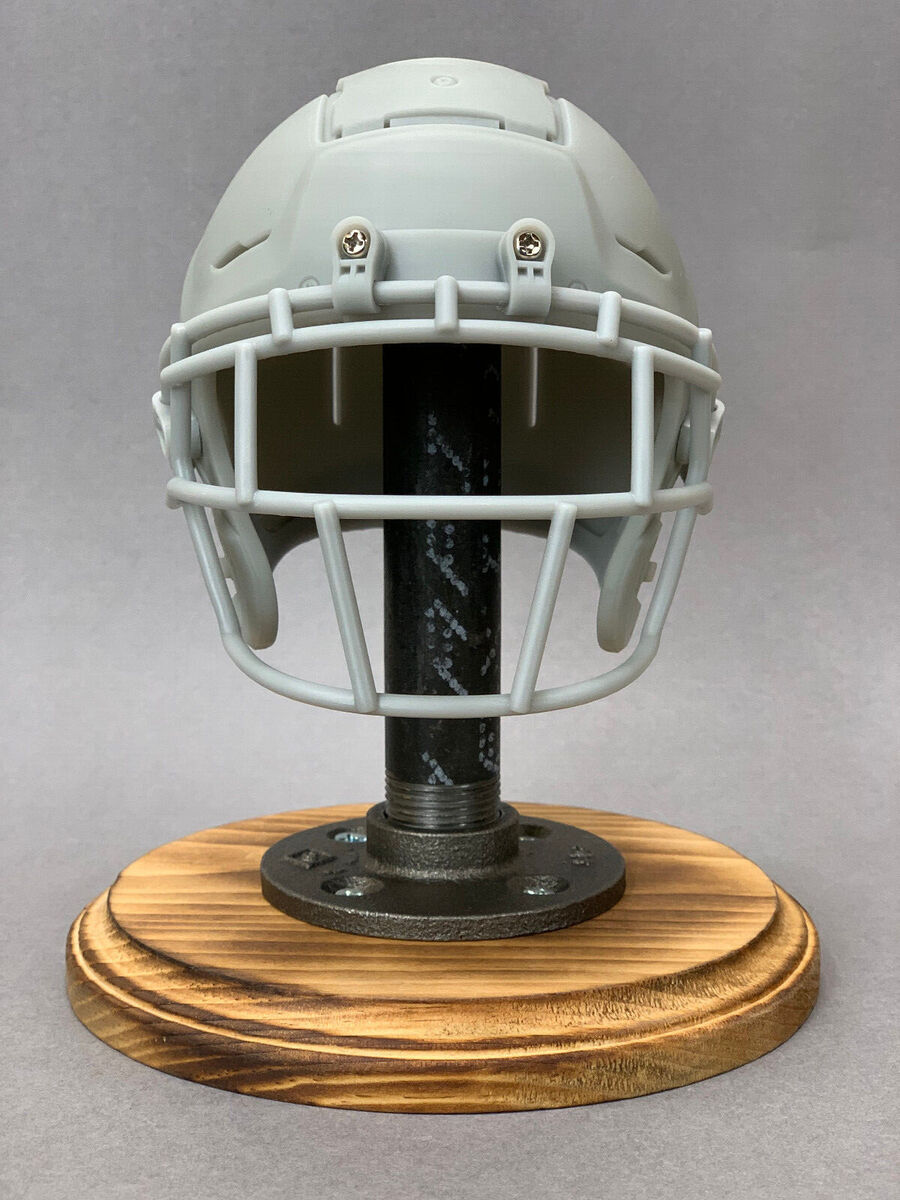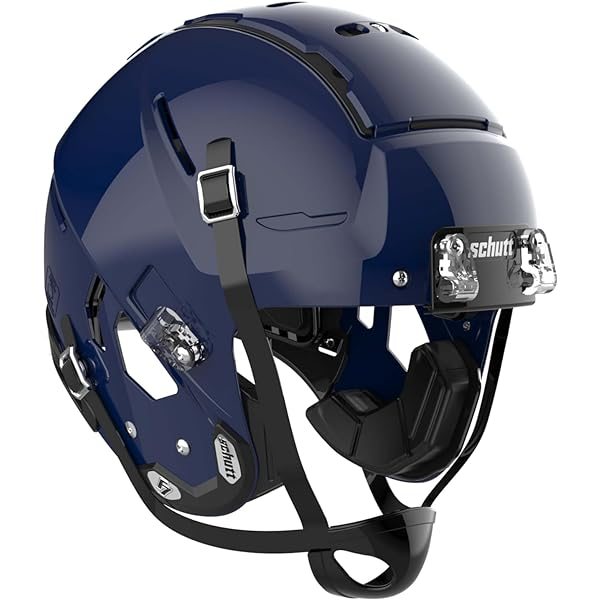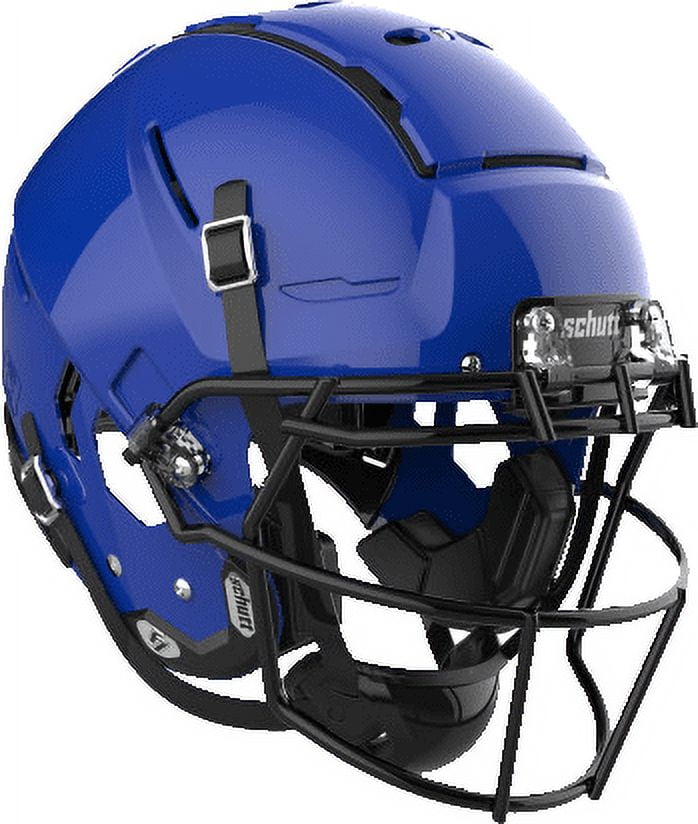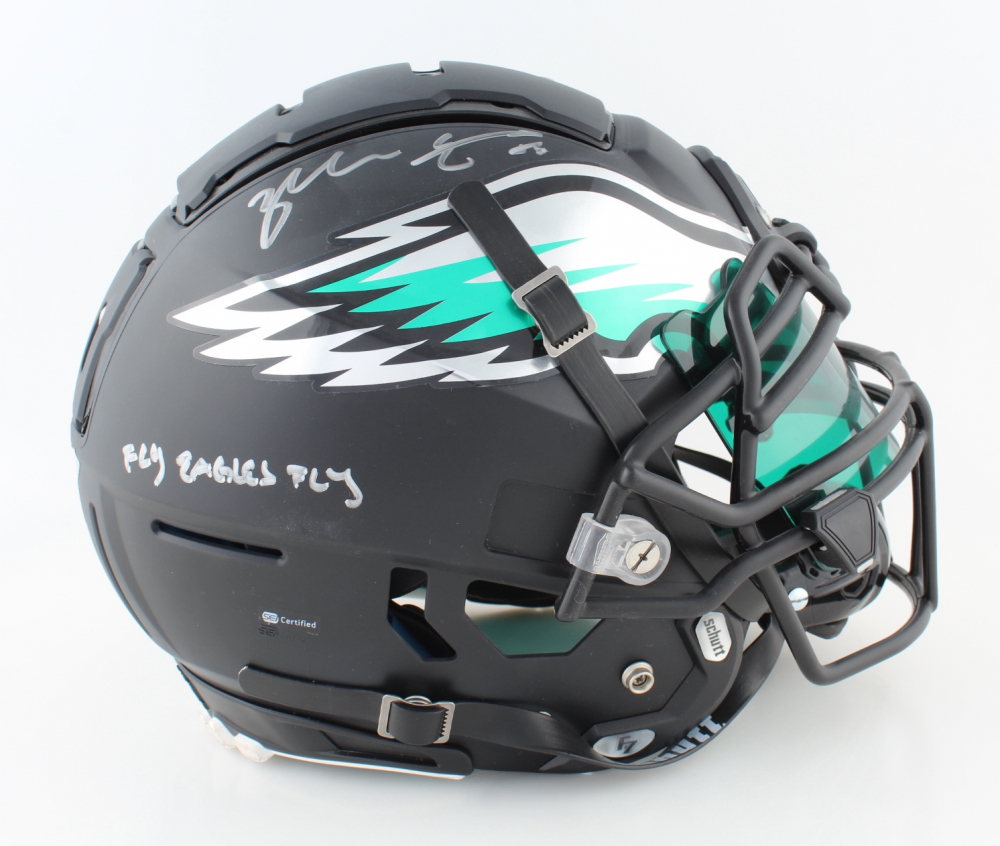In the world of contact sports, few pieces of equipment are as crucial as the football helmet. It stands as the frontline defense against head injuries, protecting players as they engage in high-impact collisions on the gridiron. Among the myriad of helmets available, the F7 has garnered significant attention for its innovative design and commitment to player safety. This article delves into the F7 football helmet, exploring its groundbreaking features, impact on player protection, and why it’s reshaping the future of football gear.
The Evolution of Football Helmets: A Brief Overview
Before diving into the specifics of the F7, it’s essential to understand the evolution of football helmets. From leather caps in the early 1900s to the advanced, technologically infused models of today, helmets have come a long way in terms of safety and comfort. The journey has been marked by crucial advancements such as the introduction of hard shells in the 1940s and the addition of face masks in the ’50s. However, with growing concerns about concussions and long-term brain health, modern helmets like the F7 are designed with an even greater emphasis on mitigating these risks.
Introducing the F7 Football Helmet: A Game-Changer in Safety
The F7 helmet, developed by industry leaders, represents the pinnacle of football headgear innovation. More than just a protective gear, it’s a sophisticated system designed to absorb and disperse impact forces, reducing the likelihood of concussion-inducing blows. Its introduction marked a new era in helmet technology, where safety doesn’t come at the expense of performance or comfort.
Advanced Impact Absorption Technology
At the heart of the F7’s design lies its proprietary impact absorption system. This technology utilizes multiple layers of varying materials, each designed to handle different levels of impact. The outer shell is made from a durable, lightweight composite that disperses initial impact forces, while inner layers consist of specialized foam designed to absorb shockwaves, thereby minimizing the transfer of energy to the player’s head. This layered approach significantly enhances the helmet’s ability to protect against both linear and rotational forces, two key factors associated with concussion risks.
Custom Fit for Optimal Protection
Understanding that a perfect fit is paramount for safety, the F7 incorporates cutting-edge fitting technology. Using precision scanning, the helmet is tailored to each player’s unique head shape and size, ensuring a snug yet comfortable fit. This customization not only maximizes protection but also enhances stability during gameplay, reducing the likelihood of the helmet shifting or coming off during collisions.
Enhanced Vision and Ventilation
Beyond safety, the F7 helmet excels in areas that directly affect player performance. Its strategic ventilation system promotes airflow, keeping athletes cool and comfortable even during intense games or practices. This not only reduces fatigue but also enhances concentration and overall performance. Additionally, the helmet’s visor is designed for optimal field vision, providing players with a wide, unobstructed view without compromising on protection.
Testing and Certification: Ensuring the Highest Standards
When it comes to football helmets, there’s no room for compromise on safety. The F7 helmet, a pioneering product in the realm of protective gear, has set a new benchmark by undergoing rigorous testing and achieving the highest certifications. This commitment to excellence not only reassures players and coaches but also pushes the entire industry towards higher safety standards.
The Importance of Stringent Testing
The primary objective of any football helmet is to safeguard players from the potentially devastating effects of head trauma. To ensure this, the F7 undergoes a battery of tests designed to mimic the forces experienced during gameplay. These assessments go beyond basic compliance checks; they are comprehensive evaluations that scrutinize every aspect of the helmet’s performance under stress.
Laboratory Simulations: Emulating Real-Game Scenarios
Inside specialized laboratories, the F7 is put through a series of drop tests using advanced equipment that replicates various impact scenarios. These tests evaluate how well the helmet absorbs and redirects impact forces, particularly focusing on both linear and rotational accelerations. Linear impacts refer to direct, straight-on collisions, while rotational forces are those that cause the brain to twist within the skull, a key contributor to concussions.
Each test is meticulously documented, with sensors measuring the g-forces transmitted to the dummy head form inside the helmet. By analyzing this data, engineers can fine-tune the helmet’s design to minimize these forces, thus enhancing player protection.
Certification by Renowned Bodies: NOCSAE and Beyond
To gain credibility and assure consumers of its safety, the F7 helmet seeks certifications from reputable bodies such as the National Operating Committee on Standards for Athletic Equipment (NOCSAE). NOCSAE sets the benchmark for athletic equipment safety standards in the United States, particularly for football helmets. Compliance with NOCSAE standards confirms that the F7 meets the minimum requirements for protective equipment in organized sports.
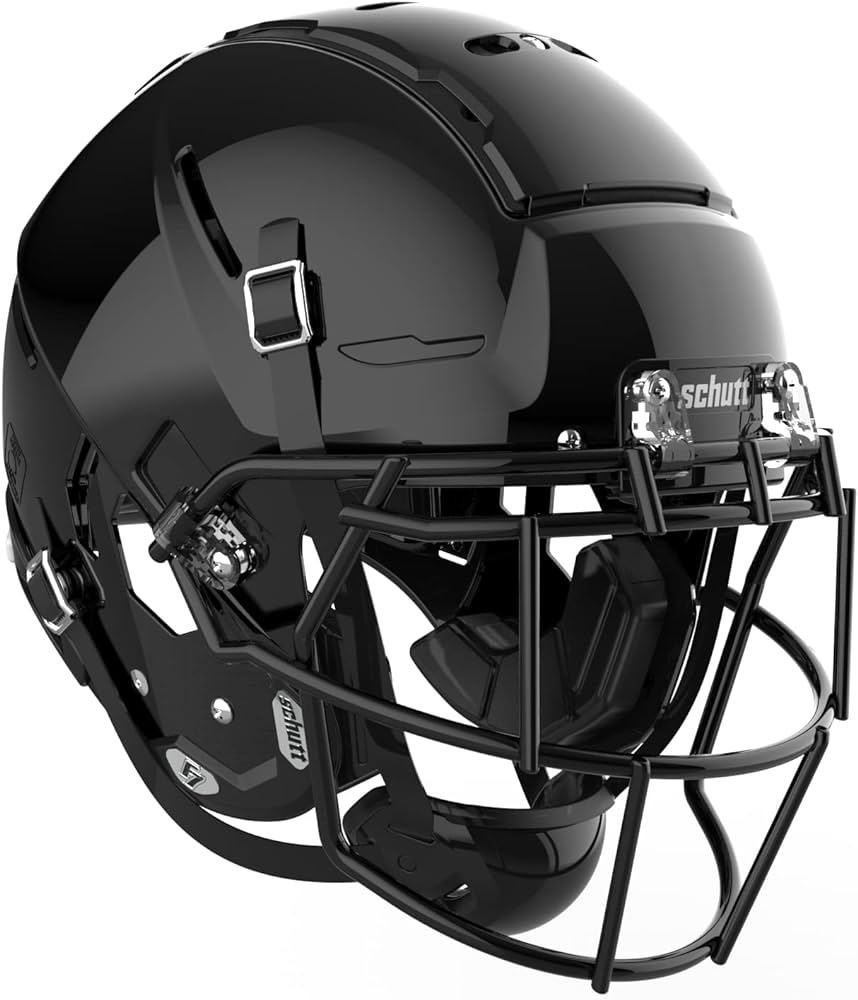
Going beyond baseline compliance, the F7 also participates in independent testing programs like Virginia Tech’s Helmet Ratings. This program assigns star ratings based on a helmet’s ability to reduce concussion risk, with five stars representing the best available reduction. Top ratings from such programs further solidify the F7’s position as a leader in player safety technology.
Continuous Improvement and Future Innovations
The testing and certification process isn’t a one-time event for the F7 helmet. Its manufacturers are committed to a cycle of continuous improvement, meaning that even after achieving top ratings, the helmet is subject to ongoing evaluations and enhancements. Feedback from the field, advances in material science, and emerging research on concussion prevention all contribute to refining the helmet’s design over time.
Moreover, as new testing methodologies and safety standards emerge, the F7 aims to stay ahead of the curve, adopting and exceeding these requirements before they become mandatory. This proactive approach underscores the manufacturer’s dedication to being at the forefront of player safety.
Certifying Trust in Safety
The thorough testing and prestigious certifications attained by the F7 football helmet are more than just stamps of approval; they are a testament to the unwavering commitment of its creators to protect athletes. By subjecting the helmet to rigorous scientific scrutiny and embracing the most demanding standards, the F7 sets a new bar for what constitutes a truly safe football helmet. As players, coaches, and parents increasingly prioritize safety in sports, the F7 stands as a shining example of how innovation, research, and stringent testing can converge to create a safer playing field for all.
Conclusion: The Future of Football Helmets
The F7 football helmet represents a significant leap forward in player safety, challenging conventional designs and setting new benchmarks for protection. Its combination of advanced impact absorption technology, personalized fit, and attention to performance details makes it a standout choice for athletes at all levels of play. As concerns over head injuries continue to drive advancements in sports equipment, the F7 stands as a beacon of progress, demonstrating that safety and performance can indeed go hand in hand. With continuous innovation, the future of football helmets looks increasingly bright, promising a safer playing field for generations of athletes to come.

